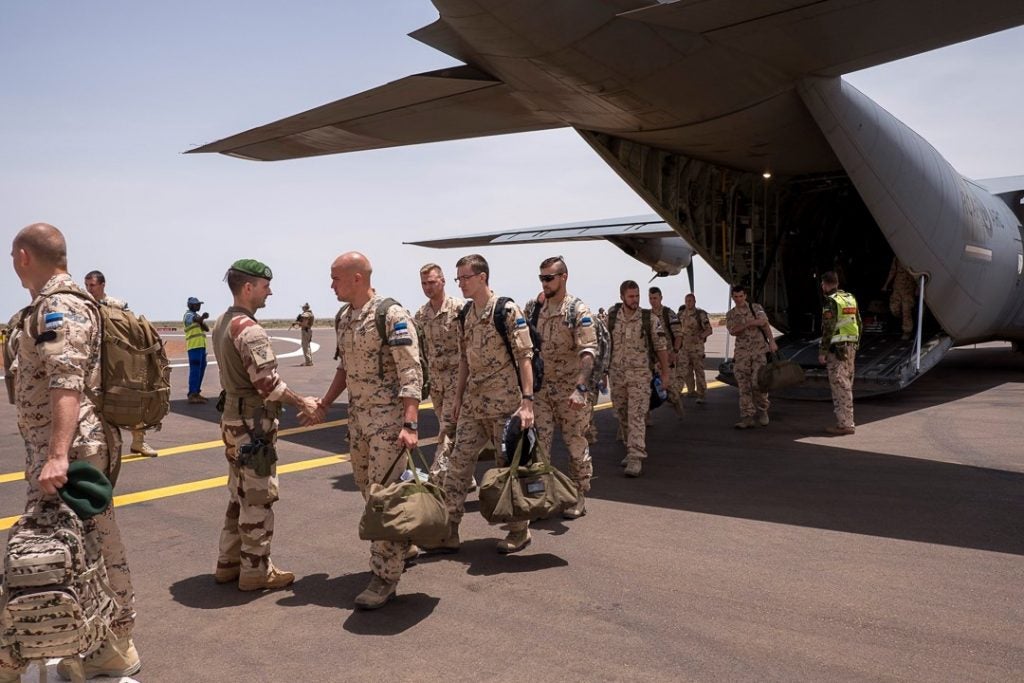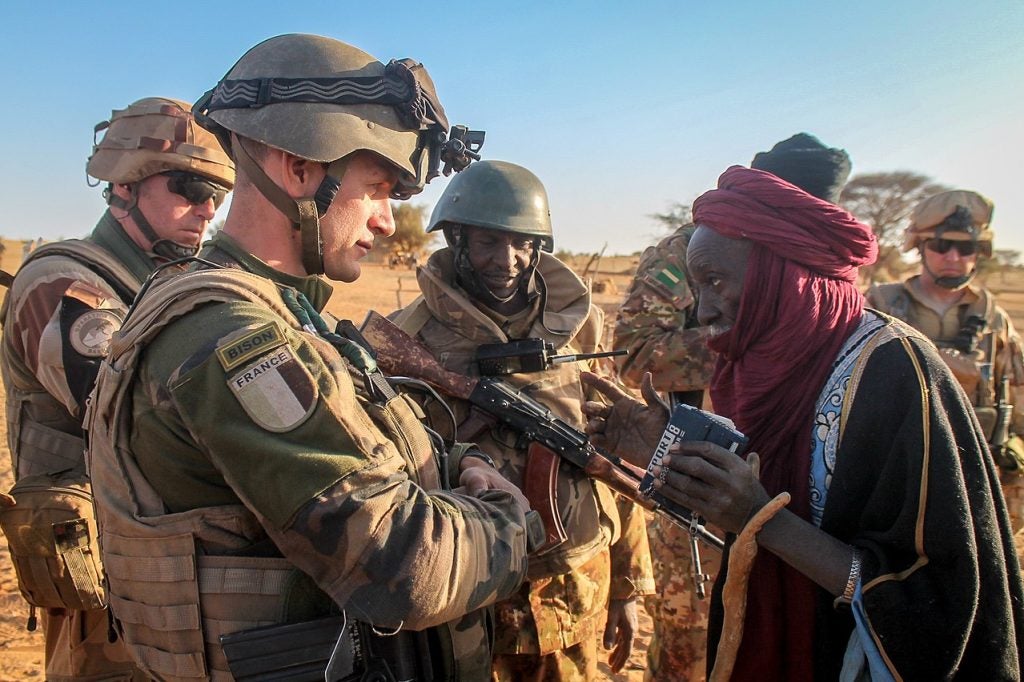France to Withdraw Troops From the Sahel Region
Aided by the chaos of the Libyan civil war, Islamist groups made significant gains in northern Mali over the course of 2013. The French were quick to act and rapidly dispatched a fighting force which helped to restore government control. By the summer of 2014, the Islamists no longer held any territory in the country but remained an active threat.
To Paris, this short episode made clear how important international support is to the maintenance of stability and for countering terrorism in the Sahel region. As a result, the French have maintained a significant regional presence which has grown to over 5,000 troops this year. However, a number of news organizations, including Aljazeera, have reported that the French government plans to reduce this figure by a few-hundred.
The French military commitment has been coming under increased scrutiny at home. Around 50 French soldiers have been killed since 2013 and the while the Islamic State in the Greater Sahara (ISGS) had been significantly reduced in influence, the focus of France and its African ally on the ISGS had allowed other groups such as the al-Qaeda-linked
Group to Support Islam and Muslims or GSIM. France and Mali have also clashed over whether or not to open a dialogue with the jihadists, with the French strongly opposing such a move.

Despite this, it would be unwise to see the change in French military presence as a sign of France ending its commitment to security in sub-Saharan Africa. The French have managed to secure troops commitments from European allies. The British and Estonians have already sent around 100 soldiers each who are closely cooperating with local and French forces. Swedish and Italian contingents of 150 and 200 personnel respectively are also expected; the first to arrive in early 2021 and the later at an unspecified date.
In addition, a much larger assortment of European countries made promises back in March to dispatch special forces to the region. Therefore, while there is still no official information regarding the planned cut-back in personnel, it seems like France is simply hoping to lessen the burden placed upon itself rather than give up on its commitment to the region.

